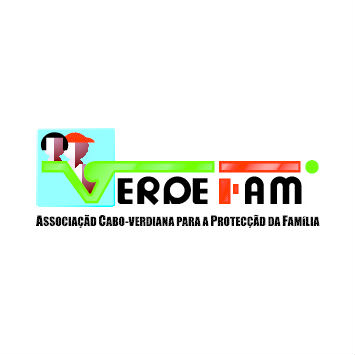

| 31 March 2016
Family Planning Association of Nepal
Established in 1959. the Family Planning Association of Nepal (FPAN) is Nepal's first national family planning service delivery and advocacy organization. It is a major collaborator of the Government of Nepal's national sexual and reproductive health (SRH) program, contributing a greater percentage of all SRH services in Nepal annually. FPAN serves Nepalese people in 44 districts, focusing on the poor, marginalized, socially excluded and underserved (PMSEU) populations, which include female sex workers, people living with HIV (PLHIV), LGBTIQ people, injecting drug users, men who have sex with men (MSM), migrant workers, people with disabilities (PWD), survivors of gender-based violence (GBV), urban slum dweller and people affected by disaster and crisis. The mission of FPAN is to "champion a volunteer movement for increased provision of SRHR to all, particularly to those most at risk, marginalized, and under-served". The planned outcomes set by FPAN for the strategic planning period (2016-2022) include: Nepal Government respects, protects and fulfil sexual and reproductive rights and gender equality; Nepalese people empowered to act freely on their sexual and reproductive health and rights; a high quality integrated sexual and reproductive health services delivered; and a high performing, accountable and strong FPAN. The success of FPAN is due to its extensive and diverse network of service delivery points, as well as its expertly trained staff and volunteers who provide services in areas where they would otherwise be unavailable. FPAN provides an Integrated Package of Essential Services (IPES), which includes sexuality counselling, contraception, including emergency contraception, safe abortion, STIS/RTIs, HIV & AIDS, obstetrics, gynecological and sexual & gender-based violence services. These services are provided across 974 service delivery points (including 270 clinical SDPs, 22 family health clinics, 56 community health clinics, 75 associate clinics, 117 mobile teams, and 794 non-clinical service delivery points). FPAN provides approximately four million SRH services each year across its service delivery points, with family planning accounting for 40%, STIs/RTIs for 14%, gynaecological services for 12%, HIV services for 10%, and other services accounting for the remaining 24%. FPAN has eight clinical training centres that are connected to its family health clinics, which provide full range of family planning and reproductive health services. The training centres are accredited by the National Health Training Centre, (MoHP). These centres provide a variety of family planning and sexual and reproductive health training to health care providers from FPAN, government, and non-governmental organizations (NGO) health facilities.

| 31 March 2016
Associação Caboverdiana para a Proteção da Familia (VERDEFAM)
Founded in 1995, VerdeFam, Cape Verdean Association for the Protection of the Family, is a private, non-profit institution. Through fixed call centers (CinSaude) and mobile clinical posts, the Association offers a wide range of sexual and reproductive health services, from family planning, prevention and treatment of sexually transmitted infections (STIs), including HIV and pre-service and postnatal services to users. The team is supported by a large group of volunteers, adults and young people, an executive management and peer educators specially trained in different areas of intervention. Due to its wide experience in SRH, VERDEFAM has been invited to participate in the discussions and elaborations of the national plans, studies and policies of Reproductive Health in Cape Verde VERDEFAM works in partnership with several government departments, including the Ministry of Health and Social Security, the Cape Verdean Institute for Gender Equality and Equity (ICIEG), the Committee for the Coordination and fight against HIV and AIDS (CCS -SIDA), the Alcohol and Other Drugs Coordination Commission (CCAD), the Ministry of Education, and the Ministry of Family and Social Inclusion. It should be noted that Verdefam is a member of the Advisory Council of the National Institute of Public Health (INSP). As an NGO, it is affiliated with the Cape Verdean NGO Platform and is a member of its Board. The Association is also a permanent member of the Executive Secretariat of the AIDS Combat Coordination Committee - CCS / SIDA, is the Focal Point of the CPLP Civil Society Forum in Cape Verde for Health, Member of the Board of Directors of WANEP - CV, member of the Municipal Health Commission and member of the National Coordination Instance (CCN) of the program financed by the Global Fund. It should also be noted that VerdeFam has Cooperation protocols with the Ministry of Health, with all Health Stations, Central Hospitals and Municipal Councils where it operates. VERDEFAM receives funds from UNFPA through the Ministry of Health of the Global Fund through the Committee for the Coordination and fight against HIV and AIDS (CCS-SIDA), ICIEG, and the Coalition PLUS.







